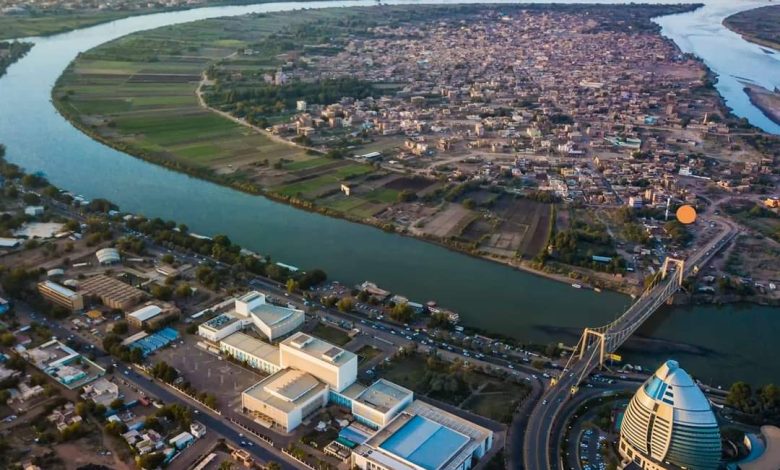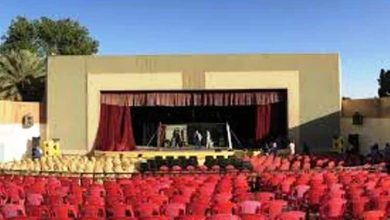Reports
The Janjaweed Looted Their Homes and Killed the Inhabitants… Tuti Island Is Empty of Residents for the First Time

Report by: Azmi Abdelrazek
(Wamda) misses her family home on Tuti Island. The Rapid Support Forces militia forced her to leave it during the early days of the war, and ever since, she has been searching through Google Earth for those trapped memories, but she found nothing. She no longer knows where many of her neighbors and friends have fled, as news about them has stopped coming, leaving her suffering from fear and anxiety.
After nearly 20 months of war, Tuti Island – located in the heart of Khartoum – turned into a military barracks for the Janjaweed. It became almost empty of residents, with the smell of death lingering in its old streets. Owls screech from the old trees that have lost their leaves and no one is there to care for them. Meanwhile, activity on Tuti Bridge completely ceased, except for the motorbikes ridden by rebel gangs. The beach on the eastern bank of the Blue Nile, once a popular spot for families to relax, sank into silence, and the sound of guns silenced its beauty. The water pumps that once watered the gardens and plant beds also came to a halt.
Leaving the island was never an option for Tuti’s residents, who had lived there for centuries along the banks of a pristine river. The island had once been a jewel, surrounded by the Nile, where life and tourism flourished. Its people were also known for their agriculture and fishing, and many famous figures in politics, art, and sports had emerged from there.
In recent months, the Rapid Support Forces militia tightened their grip on the families who had decided to stay. They arrested many men, harassed women, and turned homes into detention centers, imprisoning dozens of young men and elders. Many of them died under torture or from hunger and disease, and some are still detained.
Mahjoub left Tuti Island with the last group to seek shelter in Omdurman, after losing hope of life returning to normal. He told Al-Muhaqiq: “I left with many families, and the journey to Omdurman took more than three days. It was a dangerous journey, and we were given a new lease on life. I can’t believe I survived those killers.”
Reports emerged that militia members had forced families to pay large sums of money in exchange for allowing them to leave, ranging from three to five million Sudanese pounds. Most homes were looted by the rebel gangs. The sight of homes and apartments with broken doors and furniture scattered in the streets saddened the island’s residents. Meanwhile, the militia set up cannons on the rooftops of tall buildings and aimed them at Omdurman.
Recently, with the lack of essential needs and the suspension of all the support provided by Tuti residents abroad, who had previously supplied food to the families there, the situation turned dire. The power, water, and communication networks all stopped working, and the only pharmacy that had been operating was looted. This led families to decide to leave the island temporarily, as life there became unbearable. It was unimaginable for its residents to leave the island collectively, even in their worst nightmares.
For the first time, Tuti Island is empty of residents. Even when the Nile flooded during the rainy season and threatened the island with force, its people faced it with courage, sometimes even stopping its fury with their bodies. But today, they were forced to flee, and Tuti is now captive to desert gangs. Its days and nights are dark and sad. When will its morning return?
Source: Al-Muhaqiq



